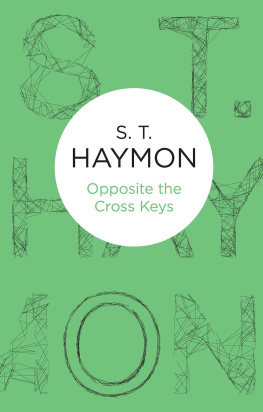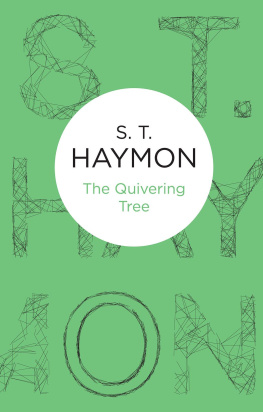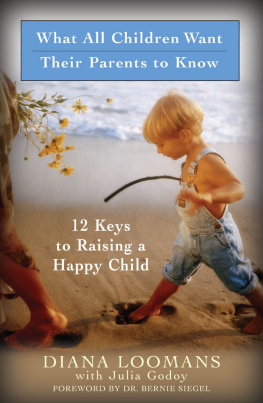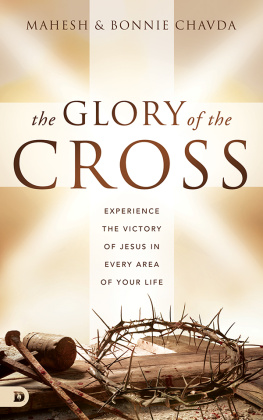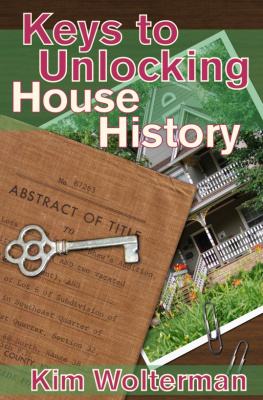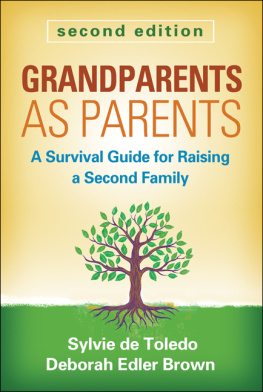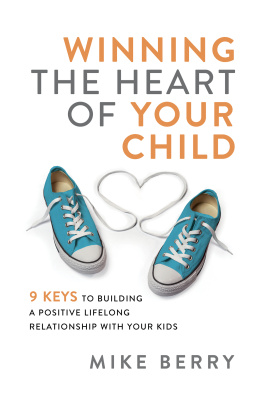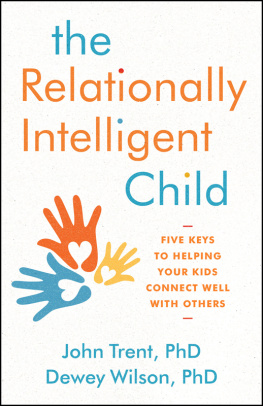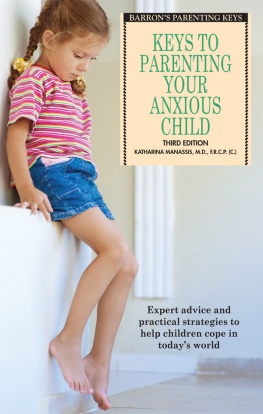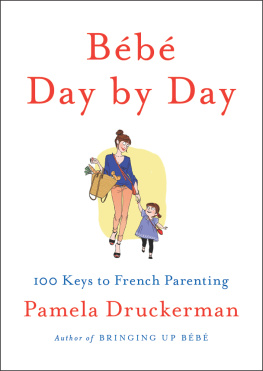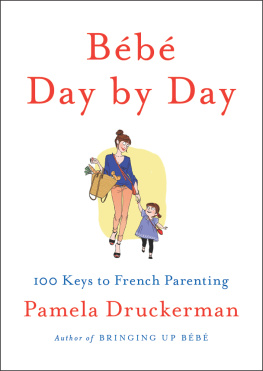Bello:
hidden talent rediscovered
Bello is a digital only imprint of Pan Macmillan, established to breathe life into previously published classic books.
At Bello we believe in the timeless power of the imagination, of good story, narrative and entertainment and we want to use digital technology to ensure that many more readers can enjoy these books into the future.
We publish in ebook and Print on Demand formats to bring these wonderful books to new audiences.
About Bello:
www.panmacmillan.com/bello
Sign up to our newsletter to hear about new releases events and competitions:
www.panmacmillan.com/bellonews
Sylvia Theresa Haymon was born in Norwich, and is best known for her eight crime fiction novels featuring the character Inspector Ben Jurnet. Haymon also wrote two non-fiction books for children, as well as two memoirs of her childhood in East Anglia.
The Ben Jurnet series enjoyed success in both the UK and the US during Haymons lifetime: Ritual Murder (1982) won the prestigious CWA Silver Dagger Award from the Crime Writers Association. Stately Homicide (1984), a skilful variation on the country house mystery, was praised by the New York Times as a brilliantly crafted novel of detection stylish serious fiction, and favourably compared to the work of Dorothy L. Sayers.
To my husband
The bicycle was a dowager of its kind: a Hudson, black with a yellow stripe outlining its tubular bits and pieces. The upper half of its rear wheel was obscured by a skirt guard made of black and yellow strings twisted together, waspish.
The handlebars were set square on to the frame, no nonsense of sportiness, with grips made of a Neanderthal plastic, liable, when grasped, to shed prickles which embedded themselves in the palms like ticks, requiring a penknife to pry them out. The brakes were programmed to respond only to large hands which wouldnt take no for an answer.
The bicycle belonged to my sister Maisie, who was grown up and gone to work in London. It was to be mine as soon as my legs were adjudged long enough by those who had the power to decree what was long and what was short which was to say, when you came down to it, Maud. Maud, with that insufferable smirk of hers which drove me barmy, said that my feet did not reach the pedals. I protested that they did; and it was a fact that, quite often, when practising on my own on the Hippodrome forecourt, I was able to sit on the saddle and control the bike with complete sang-froid for minutes at a time. Seconds, anyway. The maddening thing was, that whenever she came out to check up on my progress, my legs shrank yards and I would find myself faced with the choice of either having to stand up on the pedals a practice for some reason considered only slightly less reprehensible than wetting ones knickers or dismounting altogether.
It was, I suppose, something to be grateful for that we lived in St Giles, a few doors away from the Hippodrome, and that Mr Fitt, its owner, was a friend of my fathers. As such, he gave me permission to practise my cycling on his forecourt, which was kept railed off with chains during the day to prevent anyone parking there before it was time for the first house in the evening. Whilst I was deeply sensible of the favour, the truth was that I was never in my best cycling form there. The splendidly stuccoed building with its twin domes and its pediment between, surmounted by an Ancient Greek lady holding aloft an electric light with deep suspicion, was overawing, out of scale. My scale, that is. It made me feel smaller, my legs shorter, than my nine years.
Though the faade of the Hippodrome was emblazoned with the words Grand Opera House, it was, in 1928 at any rate, a music hall. On that day which I have, for good reason, selected out of all the days upon which I practised my cycling there, I was overlooked on one side of the carriage sweep, by a larger-than-lifesize poster of Max Miller, the Cheeky Chappie, and, on the other, by a male impersonator in top hat and tails and a bust like a ski slope. It was hot and half-term and only four miles away lay St Awdrys and the Fenners, appropriately opposite the Cross Keys, the keys to heaven. It was more than flesh and blood could stand to possess the transport to Paradise and still be denied my chariot of fire.
The Cheeky Chappie leered down at me in friendly derision, daring me to do something about it. There scarcely seemed room in the forecourt for me and the bicycle and the male impersonators bust. It overhung the two of us like an impending avalanche. In the nick of time, more reflex action than naughtiness, I dragged the bike under the spiky chains, and got us both away.
The bicycle was little easier to push than to ride, but I had more sense than to try and ride it along the winding streets which were my way out of Norwich. Not until I reached Hellesdon pond, well out on the Aylsham road, where some carters had driven a quartet of shire horses into the water to have a cool-off and where, sweating and already weary, I could happily have joined them did I venture to mount my conveyance, finding the pedals sufficiently often to keep it more or less on its way along the straight and level half-mile that ended at Horsford Point.
At Horsford Point the road forked, the left fork sheering off towards places of no interest, the right-hand one beginning its serpentine meander up to St Awdrys. At the tip of the V, closing in the approach, was a heavy post, upon which, as if by magic, a huge wooden square balanced itself on one corner. A gibbet could not have been more instinct with mystery and threat.
Long before I reached the Point I began to mutter to myself the words which alone could get me safely past. Ma gerto o ca! I mumbled breathlessly.
When I actually arrived, I got off the bike, wheeled it on to the grass verge, and propped it against the hawthorn of the hedgerow. Making sure nobody was looking, I bobbed the curtsey we were taught to do in school when greeting persons of consequence. I looked up at the great shape, its constituent planks warped by the passage of centuries, and recited once more the password painted there in letters all but erased by time; the cryptic formula without which all who travelled further down that road must unfailingly perish, their crow-picked bones whitening in the ditches. Ma gerto o ca!
The fact that, even as I pronounced those syllables of power, one part of me knew quite well that the legend on the signboard, long abandoned and uncared for, had once read MANN EGERTON FOR CARS in no way lessened the dread and doom of Horsford Point. I bowed deeply, wheeled the bike back into the road, and remounted, with a sense of dark forces appeased.
A Riley sports car which came whizzing round a bend on two wheels gave me and no doubt its owner equally a bad moment, but the pony-and-trap encounter really shook me. Its driver, as confused as his pony over the best way to get past a machine which was lolloping all over the road, lashed out at it with his whip and plucked the front lamp off its little bracket on the steering column. The bad-egg smell of carbide overlaid the sweetness of the May hedges. The man, shouting oaths, did not stop to apologize.
I dismounted: it was not quite a falling off. With trembling legs I wheeled the bike along, astonished that a road which seemed quite level when travelled over in our Morris Oxford tourer should present such a mountainous face to traffic of a humbler kind.

